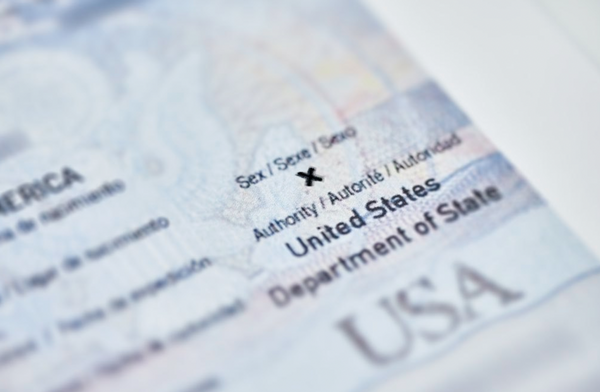
Chinese Premier Li Keqiang on Friday denied allegations that the country directs tech companies to spy abroad amid deepening security concerns in western countries. This is the most firm rejection by the top leadership in Beijing since the spying accusations were levelled against top telecom company Huawei Technologies.
Tensions between China and several western countries like the US have risen recently over the charges levelled against Huawei, the world’s largest vendor of telecom equipment.
The company itself has denied the allegations but that hasn’t stopped Washington from imposing curbs on the use of its technology.
“Let me tell you explicitly that this is not consistent with Chinese law. This is not how China behaves. We did not do that and will not do that in the future,” Li said when asked whether Beijing has told Chinese companies to spy on foreign countries.
Li was addressing the Premier’s annual press conference marking the end of the yearly Parliament session, the Two Sessions, at the Great Hall of the People.
Li talked about several issues, including China’s growth and economic outlook, the Korean Peninsula, the trade war with the US, the Taiwan issue and creating a level-playing field for foreign companies.
He spoke at length on the topics, responding to questions which were in all likelihood stage-managed.
On trade tensions with the US, he said China does not want to see a US trade war that would pit the world’s biggest and second biggest economies against one another. “That would not make our trade fairer.”
“If there were a trade war, it would be foreign-funded companies, particularly United States firms, that would first bear the brunt, Li said, citing an article written by an authoritative international think tank.
“No matter what bumps the China-US relationship may run into, we hope this relationship will continue to move forward in the positive direction,” Li said.
The Premier, who is second-in-command after President Xi Jinping, listed steps to be taken in coming months to give teeth to a law that some reports have said has been rushed out largely to assuage US concerns.
“China’s new foreign investment law will lead to the creation of a new complaints filing regime and an information disclosure mechanism to ensure greater transparency, among other things,” Li said.
“More importantly, it is a signal to various state organs on the emphasis Beijing has placed on protecting the rights and interests of foreign investors and to deepen government work in this area, he added.
“This law will regulate government behaviour, requiring the government to perform its functions in accordance with the law,” he said.
Speaking on the GDP, Li said China’s adoption of a GDP target range this year is consistent with the government’s determination of not allowing major economic indicators to slide out of the proper range.
“The 6-6.5 percent GDP growth target for 2019 is compatible with the GDP expansion of 6.6 percent achieved last year,” Li said, adding that the new target has sent a message of stability to the market.
The Premier said that the downward adjustment of the GDP growth target was made against the backdrop of a slowing global economy, as several international organisations have recently lowered their forecasts for global growth this year.
First Published: Mar 15, 2019 13:57 IST







